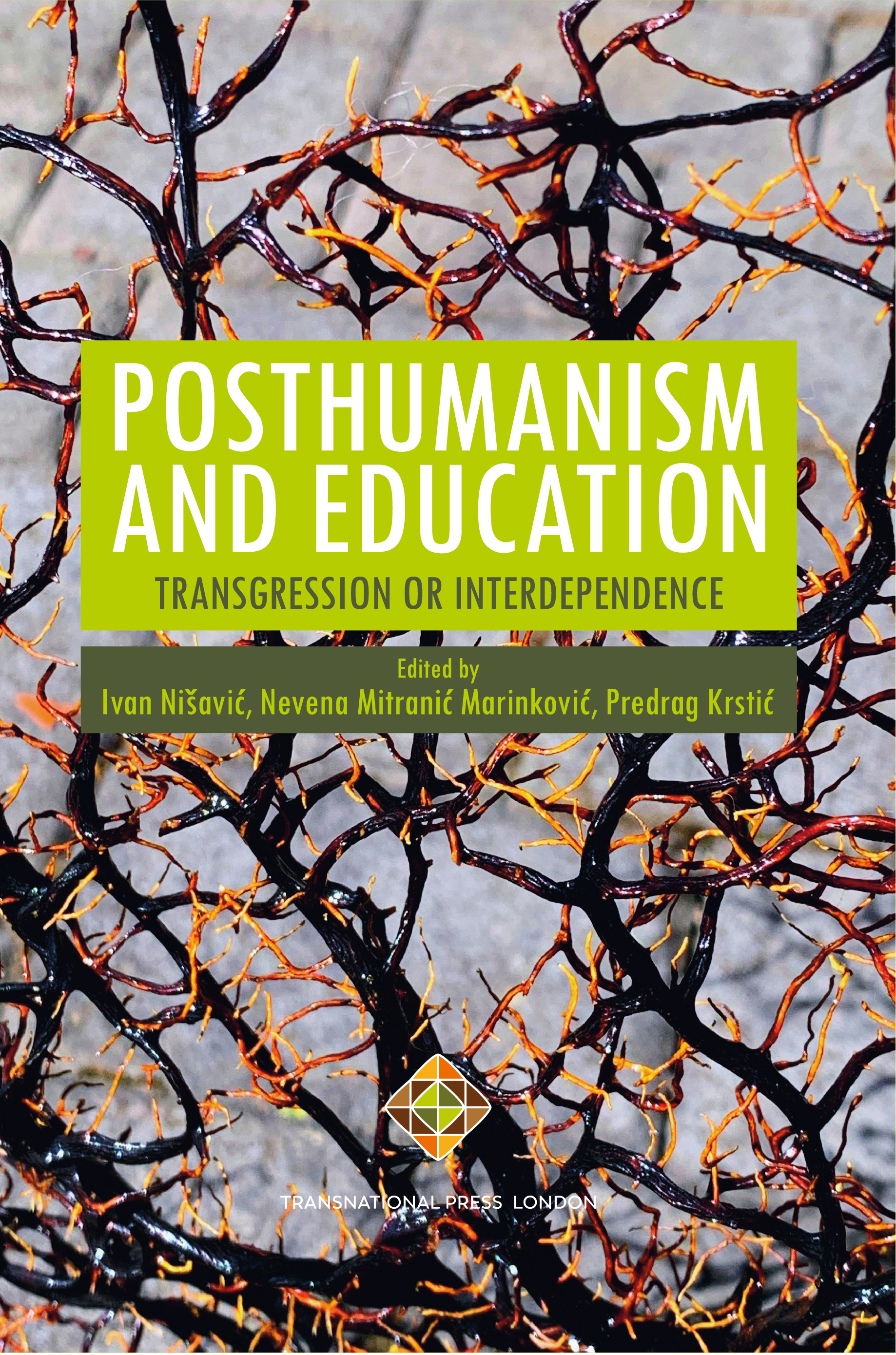Ethics of Artificial Intelligence in Education
Ethics of Artificial Intelligence in Education
Author(s): Jelena Ostojić
Subject(s): Ethics / Practical Philosophy, ICT Information and Communications Technologies
Published by: Transnational Press London
Keywords: Ethics; artificial Intelligence; education; AI; technology; simulate; human-provided; definition; stipulating;
Summary/Abstract: While there is no universally agreed upon definition of artificial intelligence, the definition most frequently employed describes AI as a technology for creating systems that can simulate human intelligence. However, we need the term AI system to be clearly defined in order to ensure legal certainty. As such, The Artificial Intelligence Act (AI Act) (Madiega 2021) puts forth a detailed definition, referring to an AI system as “a system that is designed to operate with elements of autonomy and that, based on machine and/or human-provided data and inputs, infers how to achieve a given set of objectives using machine learning and/or logic- and knowledge-based approaches, and produces system-generated outputs such as content (generative AI systems), predictions, recommendations or decisions, influencing the environments with which the AI system interacts”. In order to distinguish AI systems from more classical software systems, the AI Act further narrows the definition, stipulating that an AI system must be developed “through machine learning approaches and logic and knowledge-based approaches” (Madiega 2021: 4). A system that simply employs rules defined solely by humans in order to automatically execute operations would not qualify as an AI system. In traditional programming, a computer engineer writes a series of directions that instruct a computer how to transform input data into a desired output. AI systems are designed to operate with varying levels of autonomy and function without human involvement. The AI system was defined by the AI Group of Experts at the OECD in 2019 as a machine-based system that can, for a given set of human-defined objectives, make predictions, recommendations or decisions influencing real or virtual environments (Vincent-Lancrin, van der Vlies 2020: 7).
Book: Posthumanism and Education: Transgression or Interdependence
- Page Range: 75-83
- Page Count: 9
- Publication Year: 2024
- Language: English
- Content File-PDF

